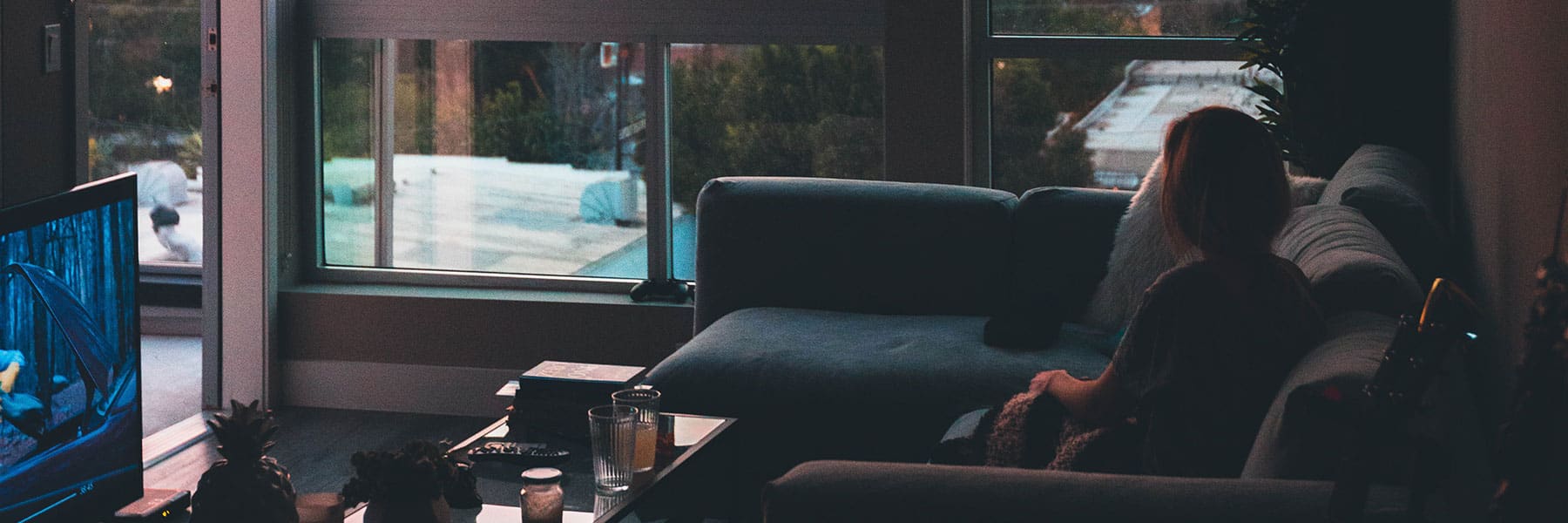The current level 4 lockdown period is a difficult time for families, many of whom will be facing additional financial, social and health-related pressures. The police have reported an unfortunate increase in family violence throughout the country over this time.
This article sets out some information on the options available to someone who is subjected to family violence.
Protection Orders
The Family Court has the ability to make a protection order under the Family Violence Act 2018 if it is satisfied that there has been family violence (which includes physical, sexual and/or psychological violence) and that a protection order is necessary for the safety of the victim and/or their children.
If the situation is urgent, the Court can make a temporary protection order very quickly – often the same day the application is made. This is known as applying ‘without notice’ to the other person. If an order is made, it will be temporary and automatically become final after three months unless the other person opposes it. A final protection order lasts indefinitely, until one party applies to the Court to discharge it, and the Court considers that is appropriate.
Who can apply?
In order to apply for a protection order, the applicant must have a ‘family relationship’ with the other person. ‘Family relationship’ has a wide definition and includes spouses or partners, family members, those who ordinarily share a household or people who have a close personal relationship.
What if there are other people who also need to be protected?
In certain circumstances, the Court can extend a protection order to cover any other person that the applicant has a family relationship with. This can be useful where there are other people close to the victim who have also been harassed or abused by the person.
The order will automatically cover any child under the age of 18 that regularly lives with the applicant, regardless of whether the child is a biological child or not.
What conditions does a protection order have?
The standard conditions of protection orders include that the other person cannot have any contact with anyone protected by the order, cannot engage in behaviour that amounts to family violence, or encourage another person to engage in such behaviour. Other special conditions can also be sought if necessary.
How long does it take to get a protection order?
Because of the urgent nature of family violence, a lot of applications for protection orders are dealt with the same day the application is made. This is called applying without notice and means the other person will not be given notice of the application until after a Judge has considered it. If the circumstances are urgent enough, the Judge can make a temporary protection order at that time. Alternatively, the application will be placed ‘on notice’, which means that the other person has a chance to file a defence before the Court makes a decision.
What if I have a protection order made against me?
If you have been served with a protection order, or an application for one, you may wish to defend it if you do not agree with what has been said or do not believe an order is necessary. There is usually a strict timeframe to do so, and it is best to take early legal advice as to your situation and options.
Occupation, Tenancy and Furniture Orders
It is also possible to apply for orders giving the protected person the right to exclusively occupy a home (whether it is owned or rented, and in either party’s name) and use of the household furniture and chattels.
Childcare and Parenting Matters
There may also be childcare and parenting (custody) issued which need to be addressed. If this is the case, it is often appropriate for a parenting order to be sought from the Family Court at the same time as a protection order.
Police Safety Orders
If a person is at risk of immediate danger, the police have the power to provide short-term protection by granting a ‘police safety order’. A police safety order is similar in nature to a protection order and can last for up to ten days. The effect of a police safety order is that a person subject to an order must immediately leave the home or place occupied by the victim (even if they own the home), and have no contact with them over the period of the order. Police safety orders also suspend any care or custody arrangements relating to children.
Restraining Orders
If a person is being harassed or abused by somebody, they are not in a family relationship with; a protection order is not an available option. Instead, they may be able to apply to the District Court for a restraining order under the Harassment Act.
Assistance
If you are in immediate danger, you should call the police on 111.
If you would like any further information or advice on applying for or defending a protection order, you can contact one of our family lawyers.
Read our recent update on childcare arrangements during lockdown here.
Our people are continuing to work from home and are available by phone, email, text, facetime, zoom, whatever way we can be to support you. We are well resourced and remain committed to continuing to provide cost-effective and creative outcomes for you.

